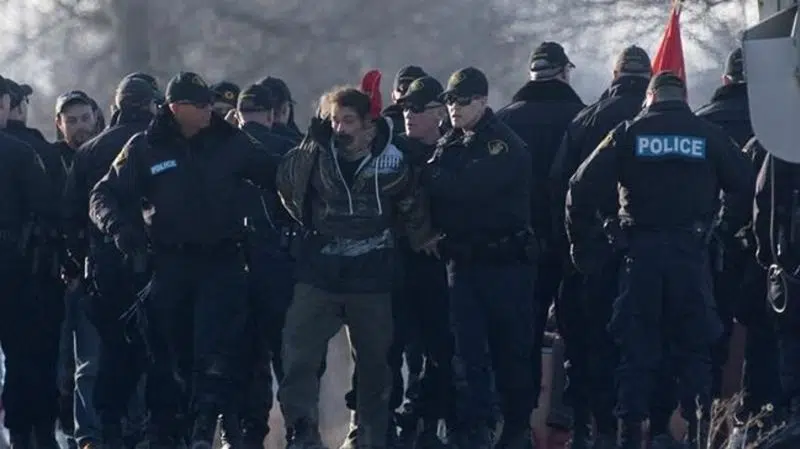
New rail blockades emerge as government talks continue
HAMILTON — The chaos that has engulfed Canada’s national rail system reached southern Ontario commuters on Tuesday as a fresh wave of blockades caused major delays and service suspensions across a popular regional train network.
The company that operates GO Transit said at least three blockades caused outright cancellations or significant slowdowns across all of its routes, which cover the Greater Toronto Area and beyond.
“These are all related to security incidents that are quickly evolving,” Metrolinx spokeswoman Anne Marie Aikins said, noting at least one of the two Toronto-area blockades she blamed for the disruptions cropped up and dissipated quickly. “It’s an extremely unfortunate, difficult situation for us to manage and for our customers to manage.”
Toronto police did not immediately comment on the most recent blockades erected in solidarity with the hereditary chiefs of the Wet’suwet’en First Nation in northwestern British Columbia.


